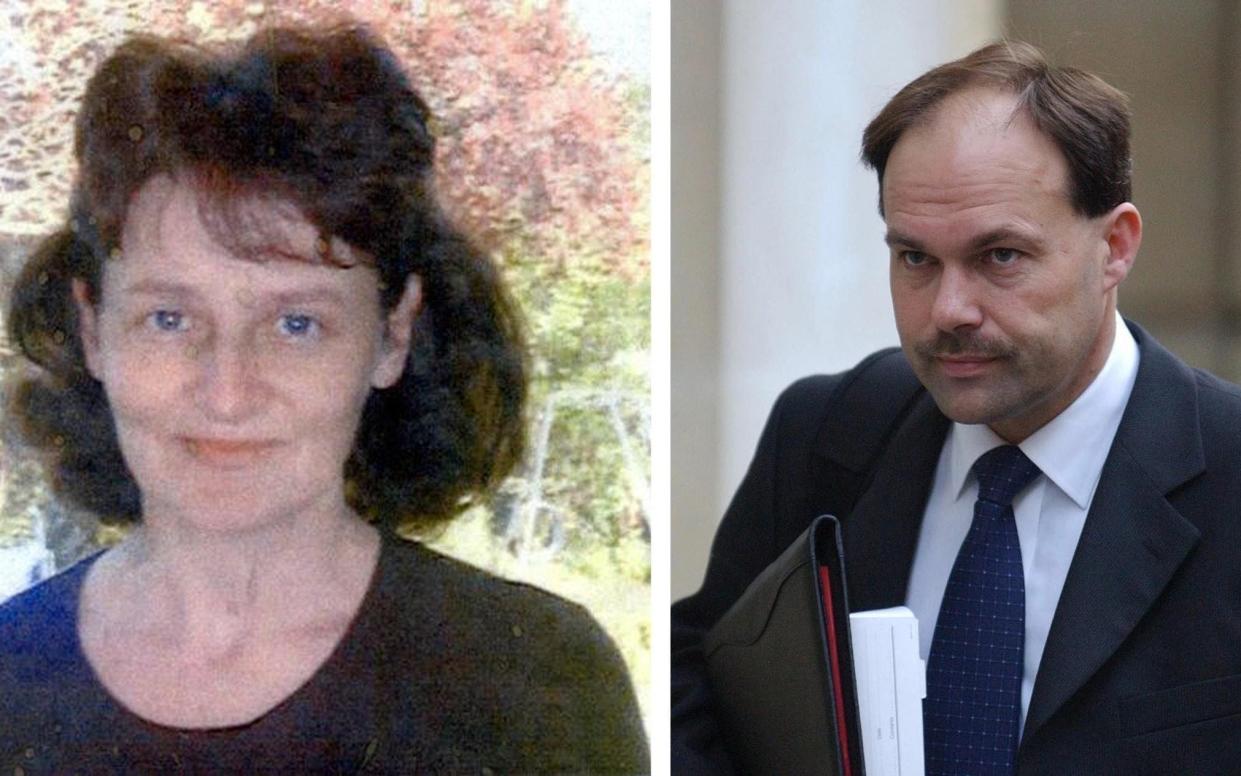Murderer denied parole as Helen’s law used for first time

Helen’s law has been used for the first time after a murderer was denied parole because he never revealed the location of his wife’s body.
Glyn Razzell, 61, was jailed for life for the murder of his wife Linda, 41, in 2002 but her body has never been found. He was convicted based on bloodstains found in the boot of his car that matched her DNA.
In its judgment released on Wednesday, the parole board said Razzell’s failure to disclose the location revealed a controlling behaviour and had implications for how open he would be with staff supervising him if he was released.
This and his “lack of empathy for those involved in the case” helped convince the parole board to reject his bid to be freed from prison.
It is the first application of Helen’s law, which requires the parole board to take account of an offender’s failure to reveal the whereabouts of a victim’s body.
The law came into force in January after years of campaigning by Marie McCourt, 78, whose daughter, Helen, 22, was murdered by pub landlord Ian Simms as she walked home in 1988.
Simms was released last year before Helen’s law was enacted, despite never revealing the location of her body.

Ms McCourt welcomed the decision on Wednesday. She said: “This is what Helen’s law is all about. It should never be a case of, ‘oh, this person has done their time. Let’s let them go.’
“For as long as a killer refuses to disclose the whereabouts of their victim, they remain a danger to society and are not safe to be released.
“Hopefully now Razzell will do the right thing and reveal exactly where Linda’s remains can be found so this ongoing torture for her family can end. My heart goes out to them - and all families living this nightmare.”
Razzell, from Crewkerne, Somerset, has always denied killing Linda after she vanished on her way to work while the couple were in the midst of a divorce battle. Prosecutors said he killed her after she won a court order freezing his bank accounts when he stopped paying maintenance.
At the time of his conviction, psychologists judged him to be controlling, have grievances against women and difficulties “identifying and expressing emotions”.
Over the past 15 years, Razzell has made numerous attempts to clear his name, but his appeals have all failed. Despite failing to undertake accredited prison programmes to address his offending, he was allowed to move to an open prison in 2017.
Experts were divided on his parole bid. Both the official supervising his case in jail and independent psychologist believed he was safe to release but the prison psychologist and probation officers said his lack of emotional insight would be better managed in jail.
His failure to reveal the body’s location convinced the board he remained a risk to the public.
“Continued withholding of such important information suggested a need to retain a perception of himself and maintain self-preservation through keeping control of the narrative,” said the board.
“This, and a marked lack of empathy for those involved in the case, were seen to bear on the panel’s risk assessment.”
It added: “After considering the circumstances of his offending, the progress made while in custody and the other evidence presented at the hearings, the panel was not satisfied that Mr Razzell was suitable for release.”
Dominic Raab, the Justice Secretary, also welcomed the introduction of the new law. He said: “Helen’s law has come into action for the first time, making our justice system tougher on offenders and fairer for the families of victims.”
A second Helen's law case is also due to be confirmed shortly by the parole board involving killer David Harker, who murdered Julie Paterson, a mother-of-four. Harker is understood to have been refused release after failing to reveal the whereabouts of the rest of his victim's dismembered remains.

 Yahoo Movies
Yahoo Movies 
